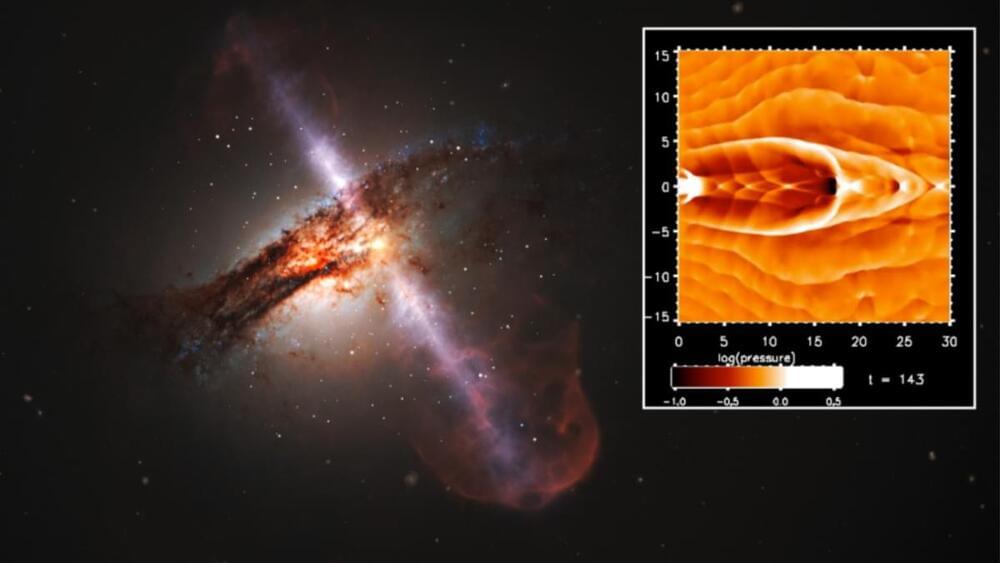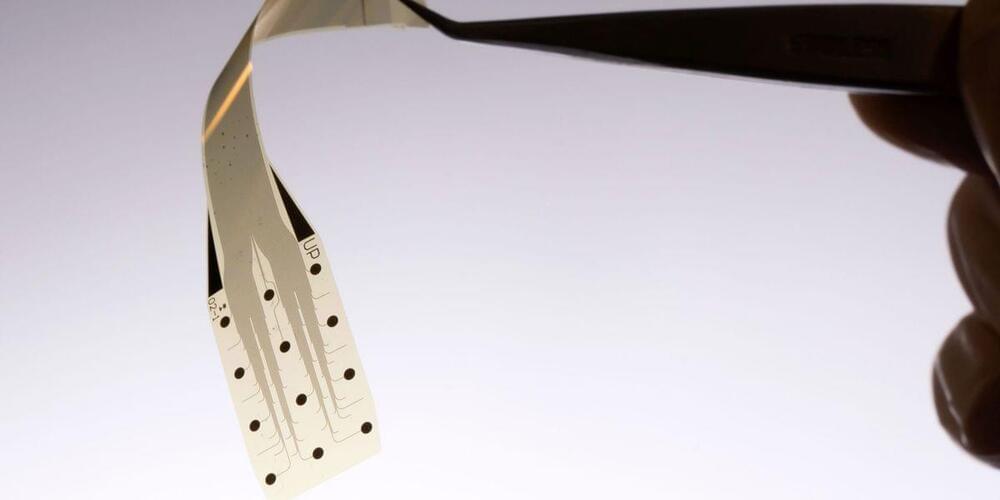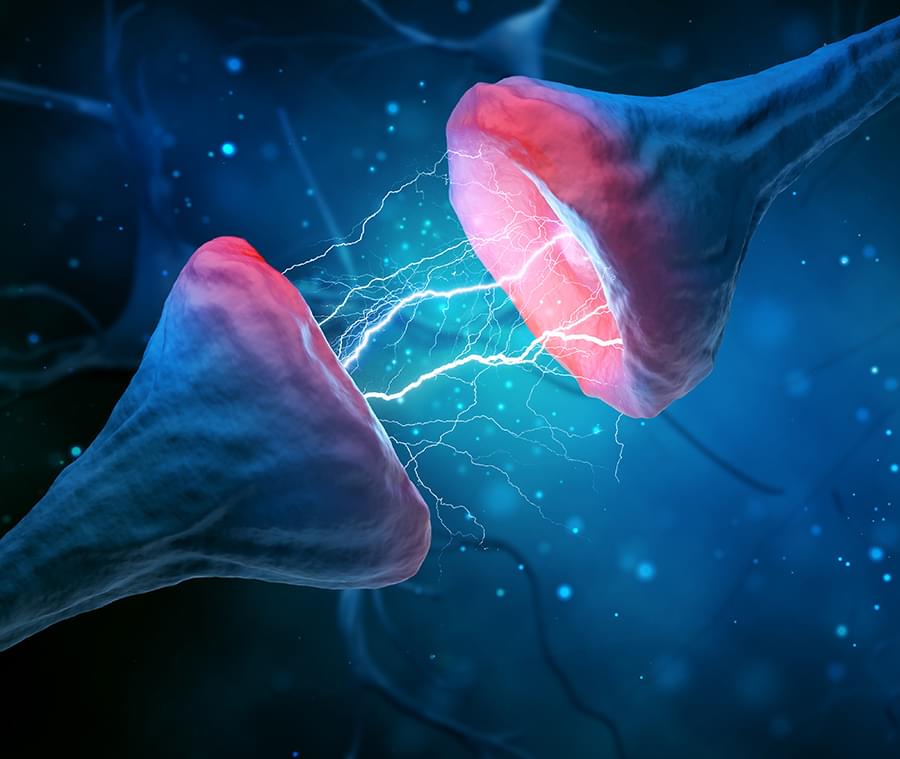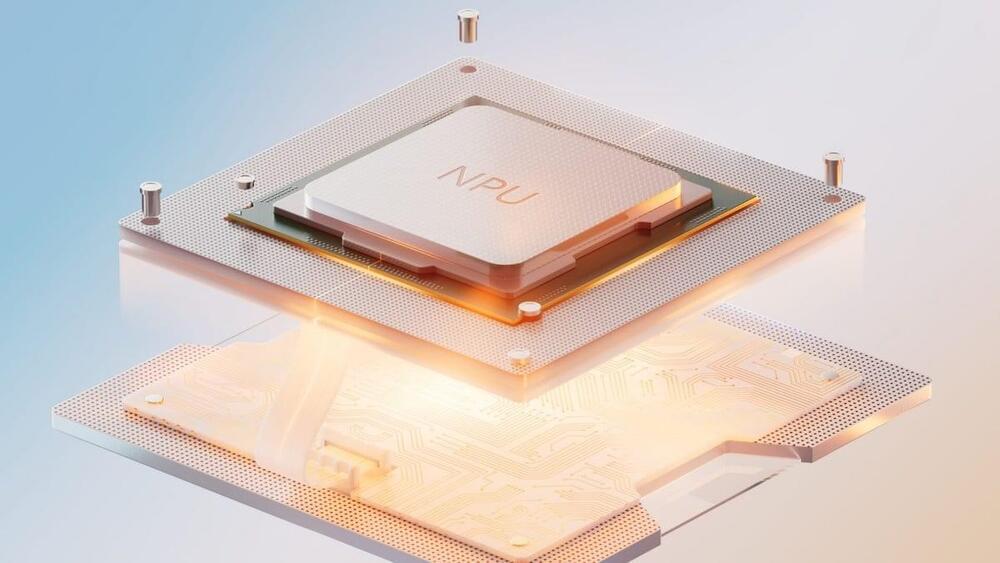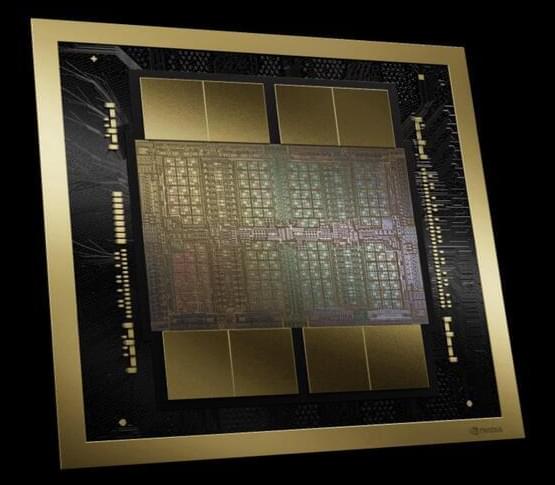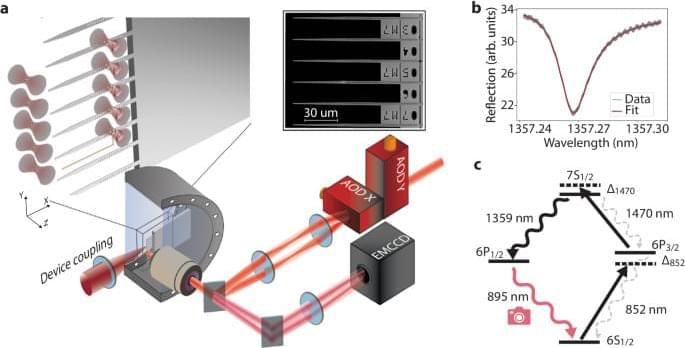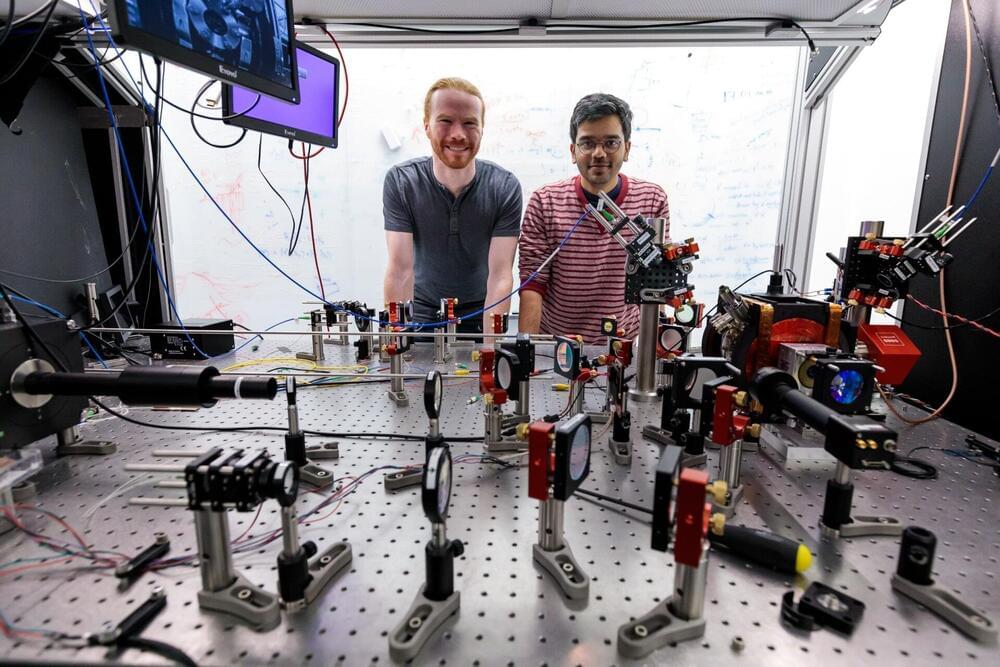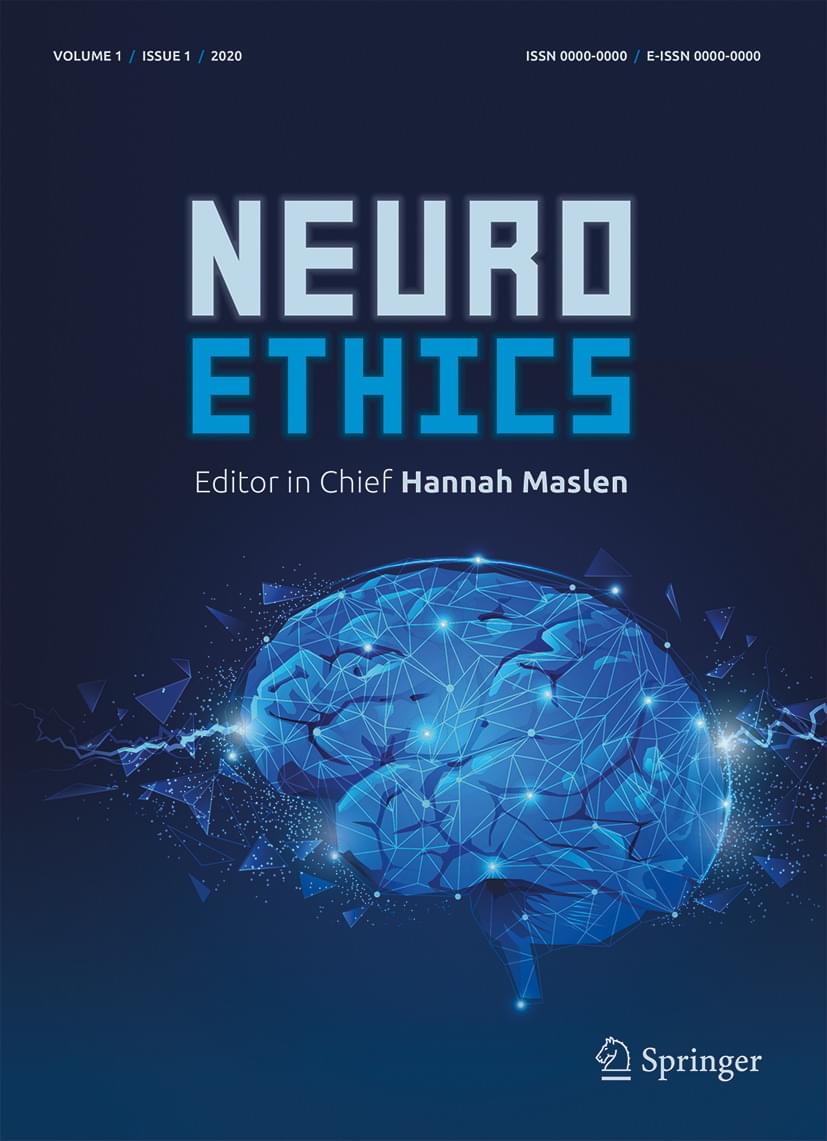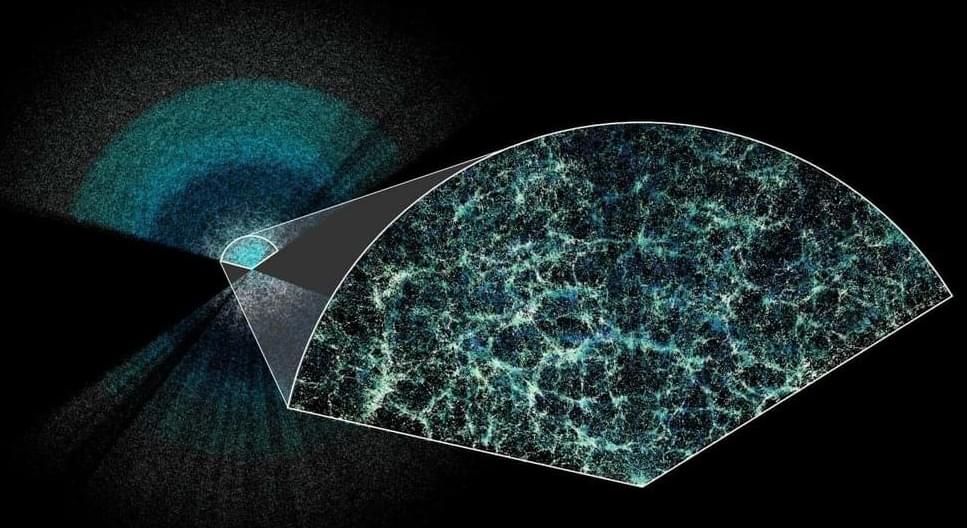Page 517
Jul 24, 2024
Next-Gen Brain Implant Uses a Graphene Chip
Posted by Rx Sobolewski in categories: biotech/medical, computing, neuroscience
A brain-computer interface from the startup Inbrain could be used to treat Parkinson’s disease.
Jul 24, 2024
Kawasaki Does World’s First Public Demo Of Hydrogen-Fueled Motorcycle
Posted by Quinn Sena in category: transportation
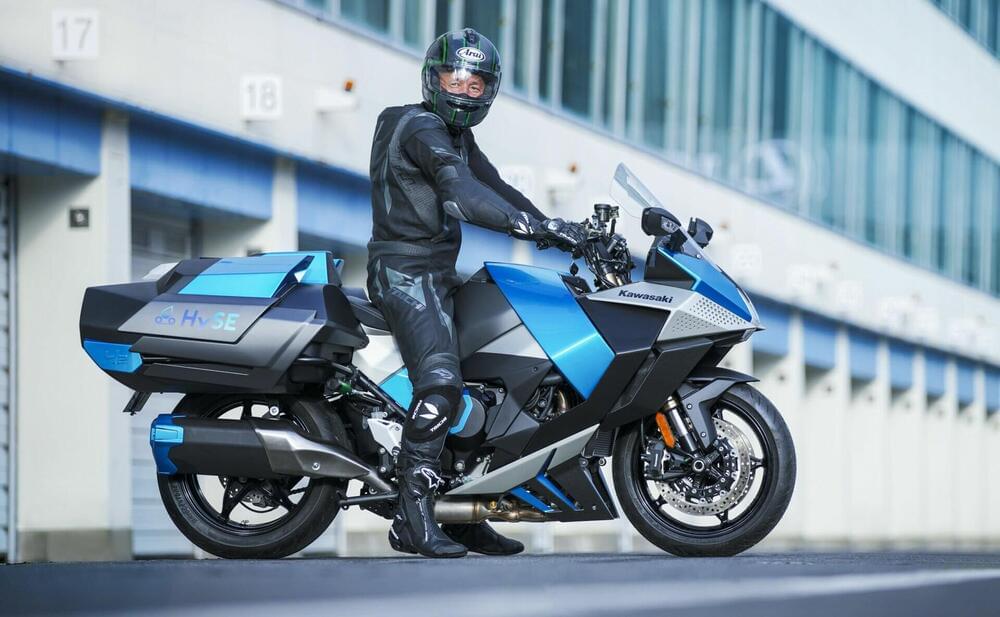
Kawasaki performed the world’s first public demonstration of its hydrogen-fueled prototype motorcycle this past weekend in Japan.
Jul 24, 2024
Finding novel treatments for Angelman syndrome: Could Syn3 be the answer?
Posted by Shubham Ghosh Roy in category: neuroscience
Dr John Marshall is a leading neuroscientist and a pioneer in the signalling and synaptic trafficking fields, and has made major contributions to understanding brain injury and neurodevelopmental disorders. He received his MSc from the University of Toronto and completed his PhD training in Neurobiology at the MRC at Cambridge University, England. He worked with Professor Len Kaczmarek at Yale University. Marshall assumed his position at Brown University in 1995 and has continued to produce cutting-edge research. His lab focus is on memory and behaviour in rodent models of Angelman syndrome.
Contact Details
Jul 24, 2024
Big Tech is suddenly obsessed with the ‘NPU.’ Here’s what that is and why it matters
Posted by Saúl Morales Rodriguéz in categories: mobile phones, robotics/AI
The “neural processing unit” is being pushed as the next big thing for “AI PCs” and “AI smartphones,” but they won’t eliminate the need for cloud-based AI.
Jul 24, 2024
Nvidia said to launch new AI chip for China
Posted by Saúl Morales Rodriguéz in categories: business, robotics/AI
Nvidia, the world’s largest company by value, is reportedly developing a new artificial intelligence (AI) chip based on its flagship product B200 for the China market.
The mass production of the new chip, which may be called B20, will commence later this year while shipments will start in the second quarter of next year, Reuters reported, citing sources familiar with the matter.
The report said Nvidia will work with Inspur, one of its distributors in mainland China. However, Inspur said it has not started any business and cooperation related to B20 as of now. It said the Reuters report is not true.
Jul 24, 2024
An integrated atom array-nanophotonic chip platform with background-free imaging
Posted by Dan Breeden in categories: computing, particle physics, quantum physics
Here, the authors demonstrate a combined atom array-nanophotonic chip platform for quantum networking and distributed quantum computing, enabled by a high-fidelity background-free imaging technique, a semi-open photonic chip geometry, and free-space coupling to the nanophotonic cavities.
Jul 24, 2024
Combining trapped atoms and photonics for new quantum devices
Posted by Dan Breeden in categories: computing, particle physics, quantum physics
Quantum information systems offer faster, more powerful computing methods than standard computers to help solve many of the world’s toughest problems. Yet fulfilling this ultimate promise will require bigger and more interconnected quantum computers than scientists have yet built. Scaling quantum systems up to larger sizes, and connecting multiple systems, has proved challenging.
Jul 24, 2024
Global Versus Local Theories of Consciousness and the Consciousness Assessment Issue in Brain Organoids
Posted by Dan Breeden in categories: biotech/medical, ethics, neuroscience
Recently, human brain organoids have raised increasing interest from scholars of many fields and a dynamic discussion in bioethics is ongoing. There is a serious concern that these in vitro models of brain development based on innovative methods for three-dimensional stem cell culture might deserve a specific moral status [1, 2]. This would especially be the case if these small stem cell constructs were to develop physiological features of organisms endowed with nervous systems, suggesting that they may be able to feel pain or develop some form of sentience or consciousness. Whether one wants to envision or discard the possibility of conscious brain organoids and whether one wants to acknowledge or dispute its moral relevance, the notion of consciousness is a main pillar of this discussion (even if not the only issue involved [3]). However, consciousness is itself a difficult notion, its nature and definition having been discussed for decades [4, 5]. As a consequence, the ethical debate surrounding brain organoids is deeply entangled with epistemological uncertainty pertaining to the conceptual underpinnings of the science of consciousness and its empirical endeavor.
It has been argued that neuroethics should circumvent this fundamental uncertainty by adhering to a precautionary principle [6]. Even if we do not know with certainty at which point brain organoids could become conscious, following some experimental design principles would ensure that the research does not raise any ethically problematic features in the years to come. It has also been proposed to redirect the inquiry to the “what-kind” issue (rather than the “whether or not” issue) in order to rely on more graspable features for ethical assessment [7]. These strategies, however, make the epistemological issue even more relevant. The question of whether or not current and future organoids can develop a certain form of consciousness (without presupposing what these different forms of consciousness might be) and how to assess this potentiality in existing biological systems is bound to stay with the field of brain organoid technology for a certain time. Even if it is not for advancing ethical issues, there is a theoretical interest in determining the boundary conditions of consciousness and its potential emergence in artificial entities. Although the methodological and knowledge gap is still wide between the research community on cellular biology and stem cell culture on the one side and the research community on consciousness such as cognitive neuroscience on the other, there will be more and more circulation of ideas and methods in the coming years. The results of this scientific endeavor will, in turn, impact ethics.
In this article, I look back at the history of consciousness research to find new perspectives on this contemporary epistemological conundrum. In particular, I suggest the distinction between “global” theories of consciousness and “local” theories of consciousness as a thought-provoking one for those engaged in the difficult task of adapting models of consciousness to the biological reality of brain organoids. The first section introduces the consciousness assessment issue as a general framework and a challenge for any discussion related to the putative consciousness of brain organoids. In the second section, I describe and critically assess the main attempt, so far, at solving the consciousness assessment issue relying on integrated information theory. In the third section, I propose to rely on the distinction between local and global theories of consciousness as a tool to navigate the theoretical landscape, before turning to the analysis of a notable local theory of consciousness, Semir Zeki’s theory of microconsciousness, in the fourth section. I conclude by drawing the epistemological and ethical lessons from this theoretical exploration.
Jul 24, 2024
There are hints that dark energy may be getting weaker
Posted by Dan Breeden in category: cosmology
The standard model of cosmology says that the strength of dark energy should be constant, but tentative hints are emerging that it may have weakened recently.
By Leah Crane
